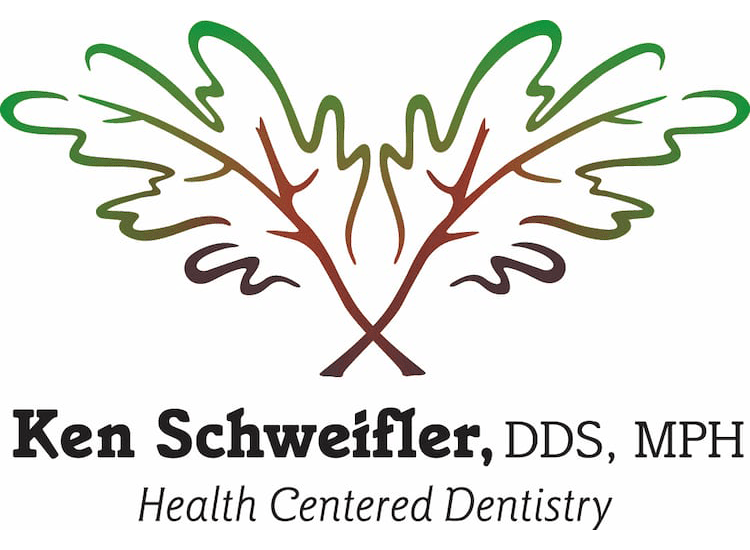What is Health Centered Dentistry?
Have you ever felt overwhelmed by constant advice from your dentist, and a sense that you’re in a constant state of disrepair? Traditional dentistry reacts to the presence of disease and aims to control it. It focuses on repair and treating symptoms and effects of disease, but does not concentrate on prevention and achieving health. Our dental office seeks to focus on the patient’s whole health and lifestyle and not just symptoms. We call this biorejuvenation or bioesthetic dentistry.

In a Disease Control Model, the relationship between dentist and patient is codependent. Patients rely on dentists to “fix” their problems and dentists rely on patients to keep having those problems to fix. This model encourages patients to be passive, or not actively involve themselves in their own health decision-making. Instead, the role is that of the dental office to control the disease.
Some dentists grow large practices where they do minimal treatment on a large number of patients. They do not prioritize meaningful and lasting relationships centered on joint trust and open communication. Fortunately, Dr. Schweifler and his team commit themselves to partnering with their patients to achieve HEALTH, not just control the disease.
In a Health-Promoting Model, the relationship between dentist and patient is interdependent. Patients seek and gain education from their dentists and become active participants in achieving great health. In this system, patients set their own health goals and the dentist helps them become as healthy as they choose to be.
Why Choose Dr. Schweifler?
We believe that gum disease and dental decay are nearly 100% preventable with healthy upkeep and nutrition. Our team also believes that patients would prefer NO DENTISTRY. We believe patients would prefer freedom from the dentist and more time and money to avail of other life pursuits. A health-centered approach only works when the dentist is able to nurture a patient’s sense of responsibility so they can become independently healthy.
We believe this shift from standard “Disease Control” dentistry to “Health Centered” dentistry is a unique approach in Los Altos and its surrounding communities. Visit us whether you’re seeking a family dentist, restorative dental care, dental implants, or cosmetic dentistry services. Contact our office today at (650) 489-4620 or request an appointment online.
